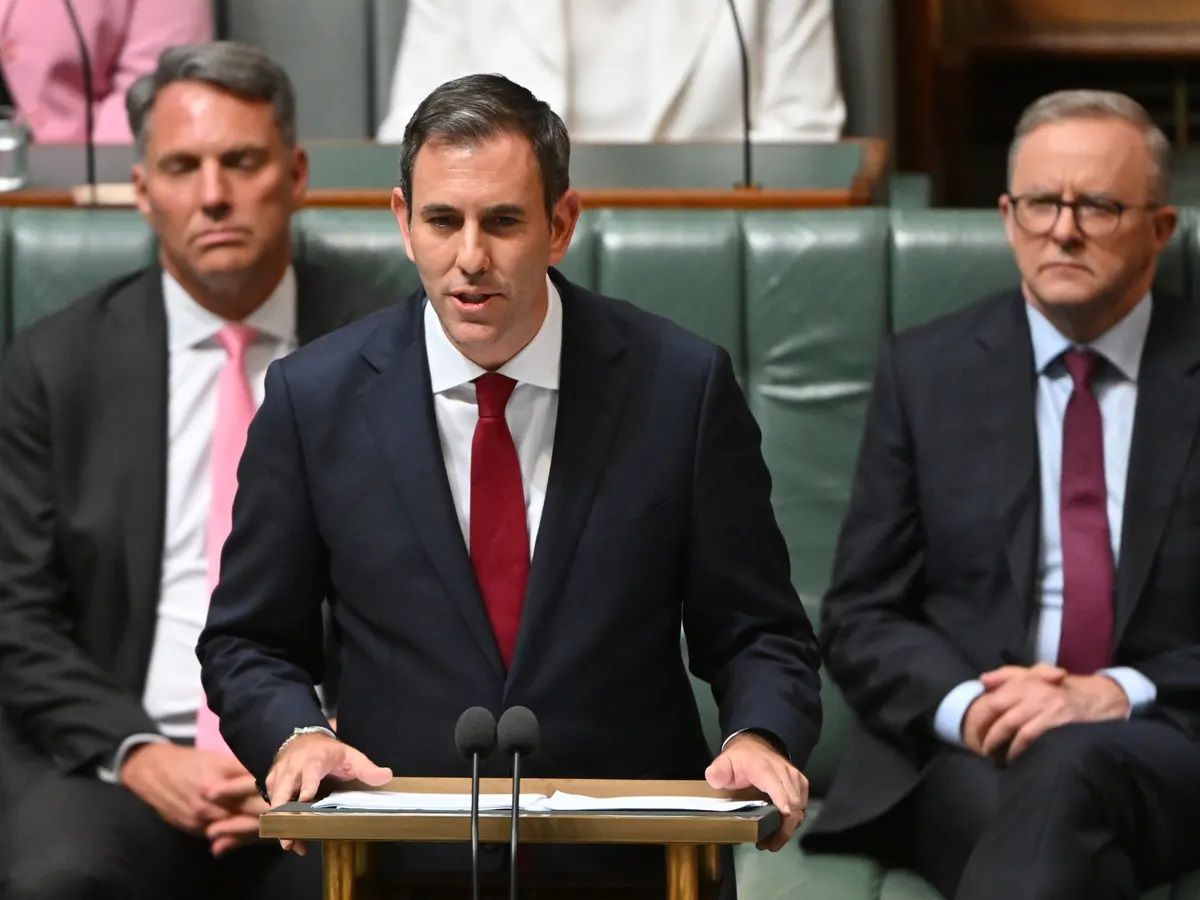ATO fires warning shot on trust distributions
The ATO has warned that it is looking closely at how trusts distribute income and to who.
The way in which trusts distribute income has come under intense scrutiny in recent years. Trust distribution arrangements need to be carefully considered by trustees before taking steps to appoint or distribute income to beneficiaries.
What does your trust deed say?
An area of concern is that trustees are not considering the trust deed before income is appointed. The answer to what the trust can do, and who it can allocate income to and how, is normally in the trust deed. This should be your first point of call.
Review your deed
- Conduct a review of the trust deed and any amendments to ensure trustees are making decisions consistent with the terms of the deed;
- Check the trust vesting date. The trust deed will specify what happens when the trust vests. If the trust vests, the trustees might be directed to distribute the income and property of the trust to particular beneficiaries. The trustee may no longer have the discretion to decide who to appoint income or capital to;
- Check who the intended beneficiaries are, and also keep in mind that some beneficiaries might have different entitlements to income and capital under the trust deed;
- Timing and requirements for resolutions - Check the deed for any conditions and requirements for trustee resolutions, including the need to have the resolution in writing and the timing of when it’s required to be made. For example, the deed might require trustees to take certain actions before 30 June;
- If you are looking to stream capital gains or franked distributions to certain beneficiaries, check the trust deed doesn’t prevent this and the streaming requirements have been met.
Family trust and interposed entity elections
A family trust election helps wrap the workings of the trust around a specific individual’s family group. These elections can help protect trust losses, company losses, and franking credits but can also cause significant tax problems if they are used incorrectly.
An interposed entity election makes an entity a member of the family group of an individual.
Where these elections are in place, it is essential that trustees understand the implications before making any decisions on distributions. Distributions of trust income outside the specified individual’s family group will trigger family trust distribution tax at penalty rates.
Who receives the benefit?
The ATO is also on the lookout for arrangements where amounts are allocated or appointed to beneficiaries, but they don’t receive the real financial benefit of the distribution. If the arrangement has the effect of reducing the overall tax paid on the income of the trust, then this will normally increase the level of risk involved and attract the ATO’s attention.
Increased reporting on tax returns
Changes have been made to capture more information on the tax return about how trusts distribute income. These include:
- Trust tax return – four new capital gains tax labels have been added. This information should be provided to beneficiaries to match what is reported in their returns.
- Beneficiaries – all beneficiaries of trust income will be required to lodge a new trust income schedule. This schedule should align to your distributions as set out in the trust’s statement of distribution.
Trusts can be an excellent vehicle for many reasons including the flexibility to determine how income is distributed. The cost of that flexibility is strong controls and compliance.
The ATO is increasingly strident about how trusts are distributing income, and the tax impact of those distributions. It’s important for trustees to get it right because if trust distributions are found to be invalid, the tax ramifications can be significant.
For further information about trust distrubtions check out other Aspen Corp blog posts
https://www.aspencorp.com.au/the-atos-final-position-on-risky-trust-distributions
https://www.aspencorp.com.au/the-atos-attack-on-trusts-and-trust-distributions
https://www.aspencorp.com.au/when-trust-distributions-to-a-company-are-left-unpaid







